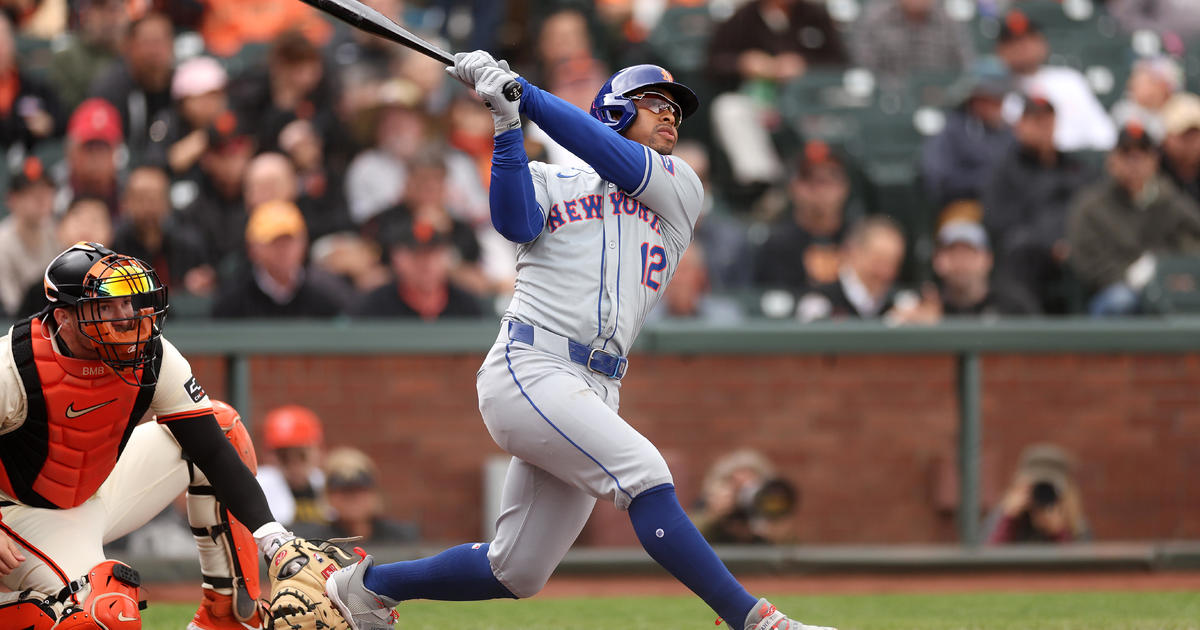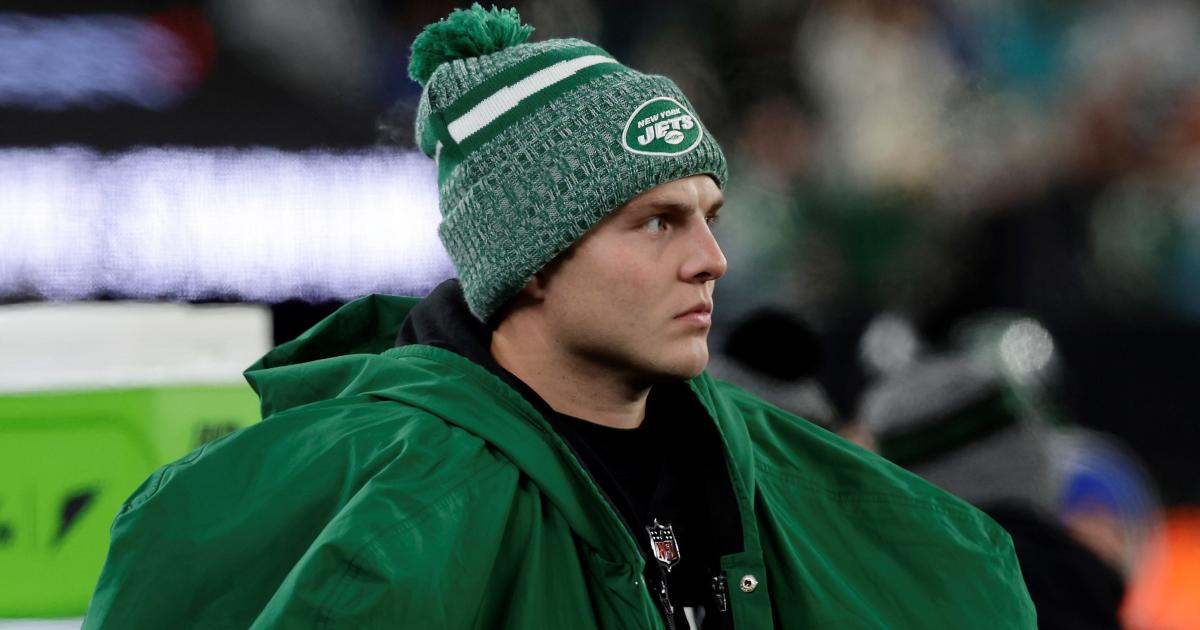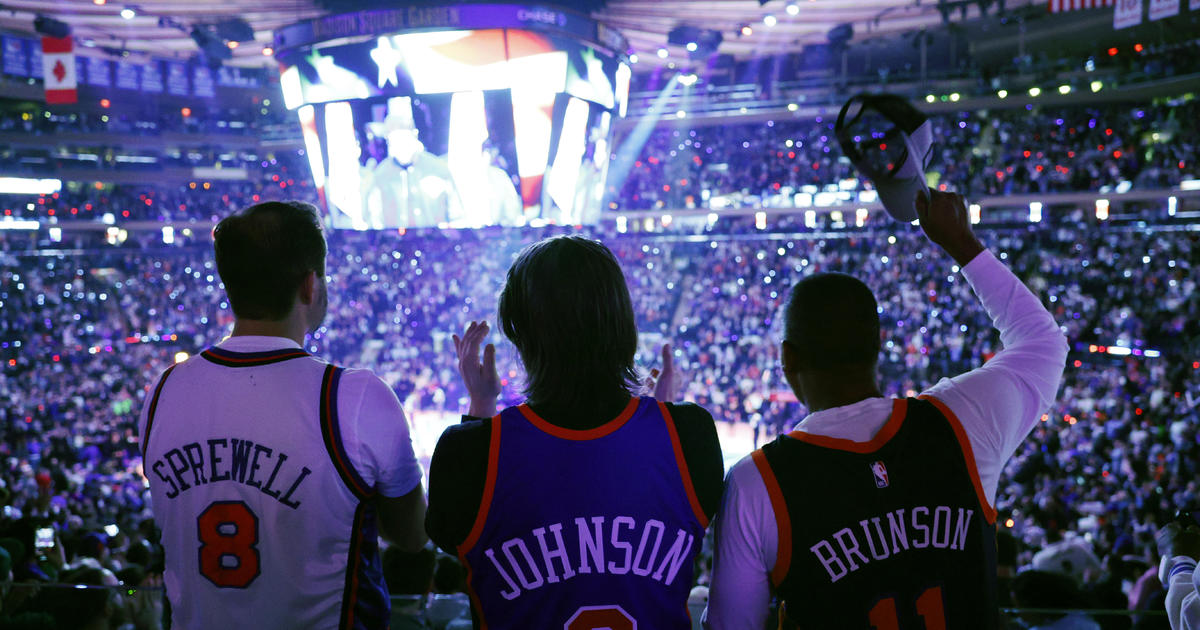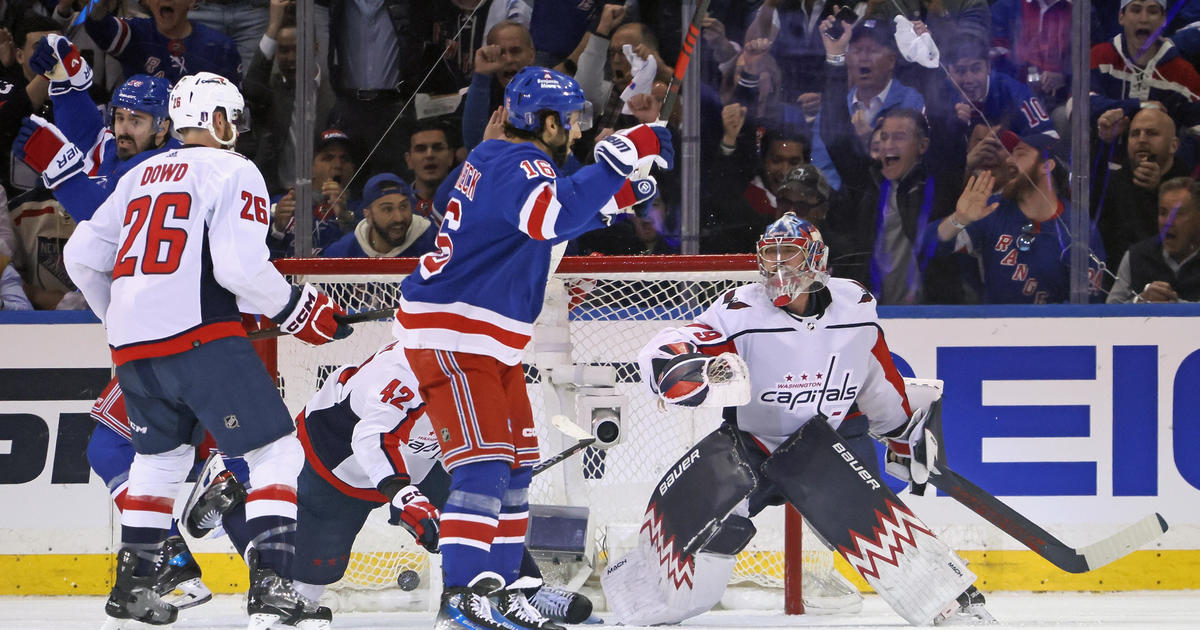Cano Blockbuster: The Good, Bad And Confusing Reality Of Mets' Win-Now Move
By Chris Melore
CBSNewYork.com
NEW YORK (CBSNewYork) -- Christmas came early in Queens on Tuesday morning. Robinson Cano and Edwin Diaz were officially introduced as the newest members of the Mets.
The seven-player trade with the Seattle Mariners that brought Cano back to New York stunned the baseball world, but how much does this trade actually help the Mets?
When you break down the details of this blockbuster it makes a lot of sense for them right now, but forecasts to be very harmful to the franchise's long-term health.
Mets general manager Brodie Van Wagenen made it clear Tuesday that the team is focused on winning in 2019 and 2020.
"I stated that this organization intended to be relentless and fearless in our pursuit of greatness," Van Wagenen said.
THE GOOD OF THIS TRADE:
The agent-turned-MLB executive has immediately put the Mets back on the map. A superstar-level talent for most of his 14-year career, Cano upgrades New York's mediocre offense. Diaz exploded onto the scene in 2018, recording 57 saves. He won't fix the bullpen, himself, but he's a great start.
In 2019, the 36-year-old Cano will help cover up the absence of slugger Yoenis Cespedes for most of the season. Cespedes figures to miss at least the first half of the slate, but his double heel surgery could keep him off the field until 2020.
Diaz, who is 24 and under team control for the next four years, could provide New York with their most stable closer since Billy Wagner.
Financially, the Mets have brilliantly positioned themselves to make more moves this offseason. The departing contracts of Jay Bruce and Anthony Swarzak balance out the money they'll pay Cano next year. Diaz won't be eligible for his first major raise until after the 2019 season.
MORE: If You Believe The Many Reports, Mets' Van Wagenen May Just Be Getting Started
Moving into 2020, the Mets look to have a solid foundation to make a postseason run. The lineup projects to feature Cano and Cespedes in the middle, with talented youngsters Michael Conforto, Brandon Nimmo, and Jeff McNeil filling in key spots around them.
Reigning NL Cy Young Award winner Jacob deGrom, Noah Syndergaard and Zack Wheeler would figure to provide New York with a dynamic rotation that gets the ball to Diaz.
THE BAD OF THIS TRADE:
As good as the deal looks for New York in the short term, its shelf life may expire faster than unrefrigerated milk.
Cano may be a Hall of Fame second baseman now, but no one beats Father Time. Cano is 36 and the Mets will be paying him top dollar through his age 40 season. On top of his age, he's fresh off an 80-game suspension for performance-enhancing drug use. To put this concern into context, the careers of superstars Ryan Braun (2013) and Alex Rodriguez (2014) were never the same after their steroid bans.
The Mets will be paying Cano $24 million a year from 2021 to 2023 -- his age 38, 39, and 40 seasons. History shows aging ballplayers don't finish their careers on a high note. The final three years of the second baseman's run will likely be a bigger financial albatross than David Wright's injury-plagued end in New York.
Why is this a problem?
The 2021 season marks the end of every major contract on the Mets' books, including the problematic deals of Wright, Cespedes, pitcher Jason Vargas and outfielder Juan Lagares.
It also marks deGrom's first free agent year and Syndergaard's final year under team control. Instead of having financial flexibility to possibly sign both pitchers, New York may end up losing much of its talented rotation in three years.
A lack of depth in the farm system makes losing stars to free agency an even bigger issue for the Amazins in 2021. The Mets' minor league pipeline was ranked fifth worst in MLB at the start of 2018. It only got worse after trading two of their recent first-round picks (Jarred Kelenic and Justin Dunn) in the Cano-Diaz deal.
Prospects are a gamble, but having a steady stream of young talent to call up can keep teams competitive for the long haul. The Mets don't have this and their playoff window will likely slam shut fast because of it.
THE CONFUSION SURROUNDING THIS TRADE:
Van Wagenen has opened the Mets' offseason with a bang, but how much more will he actually be allowed to do this winter?
He might have the same problem his predecessors had -- the Wilpons.
Sources within MLB told CBSNewYork recently that clutch infielder Wilmer Flores was non-tendered because the team feared it would have to give the popular Met a raise of about $2 million in arbitration.
At Tuesday's press conference, COO Jeff Wilpon didn't hide the fact that saving money is still a major concern for ownership. Wilpon spoke at length about the "money coming back" by way of injury insurance on the Wright and Cespedes contracts. When asked if the team planned to reinvest that money into more players, Wilpon said only "some of that" would go back into the team.
Wilpon also noted his general manager has been given specific "parameters" to work with -- an obvious code word for a "budget."
MORE: Report: Mets In Pursuit Of Marlins' Realmuto
The blockbuster deal with the Mariners becomes an extremely confusing trade if Van Wagenen is only allowed to make "payroll neutral" moves and can't explore the top tier of the free agent market.
The other misconception many fans (and the team's front office) seemingly have about the trade is that Diaz won't cost the Mets any money. That's simply not true.
Diaz will be arbitration-eligible in 2020. The Mets are banking on him continuing to be an outstanding, top-five closer.
There's one problem with elite closers. They get paid lots of money even in arbitration. Over the last 10 years, relief pitchers have set seven records for salary raises.
After Aroldis Chapman and Kenley Jansen received record paydays in free agency, it's easy to see Diaz winning a salary of $10 million-15 million a year, much to the Mets' chagrin.
A true win-now team wouldn't be worried about spending money for a shot at the World Series.
Unfortunately, New York's recent track record makes it hard to believe Van Wagenen will truly have the resources to make this impressive trade actually pay off.
"This trade should be a signal to our players and to our fans that words alone will not define this franchise," the freshman GM said Tuesday.
He can only hope his bosses were listening or the Cano blockbuster will go down as one of the more pointless moves in Mets history.
Next up, all eyes on Las Vegas and the winter meetings ...
Read more columns by Chris Melore



